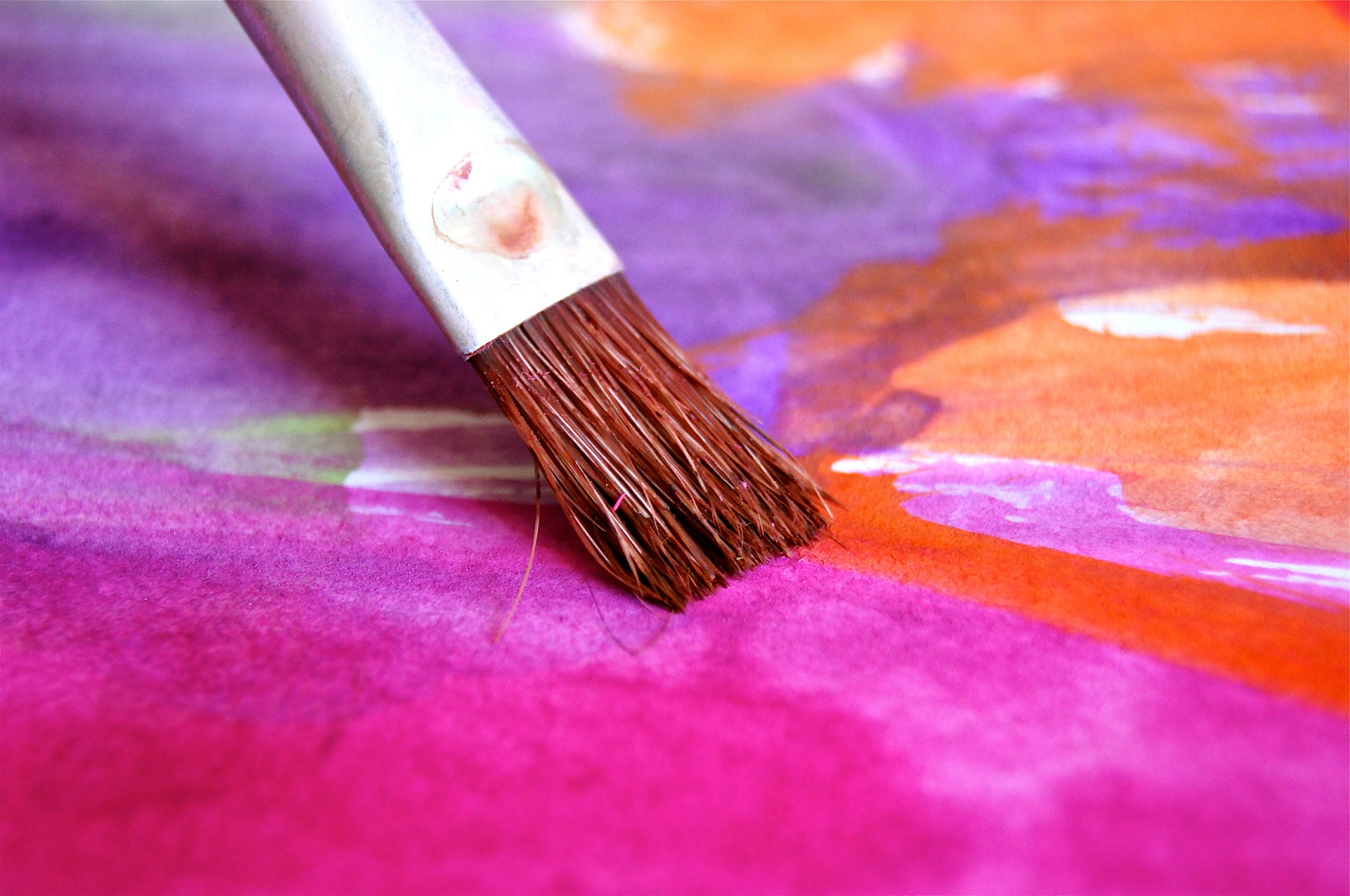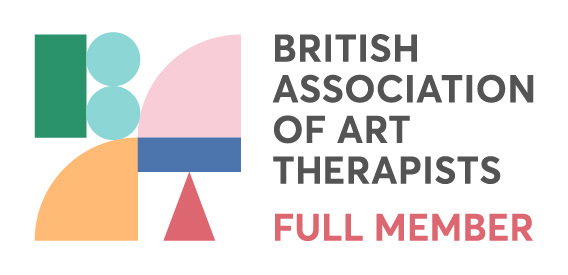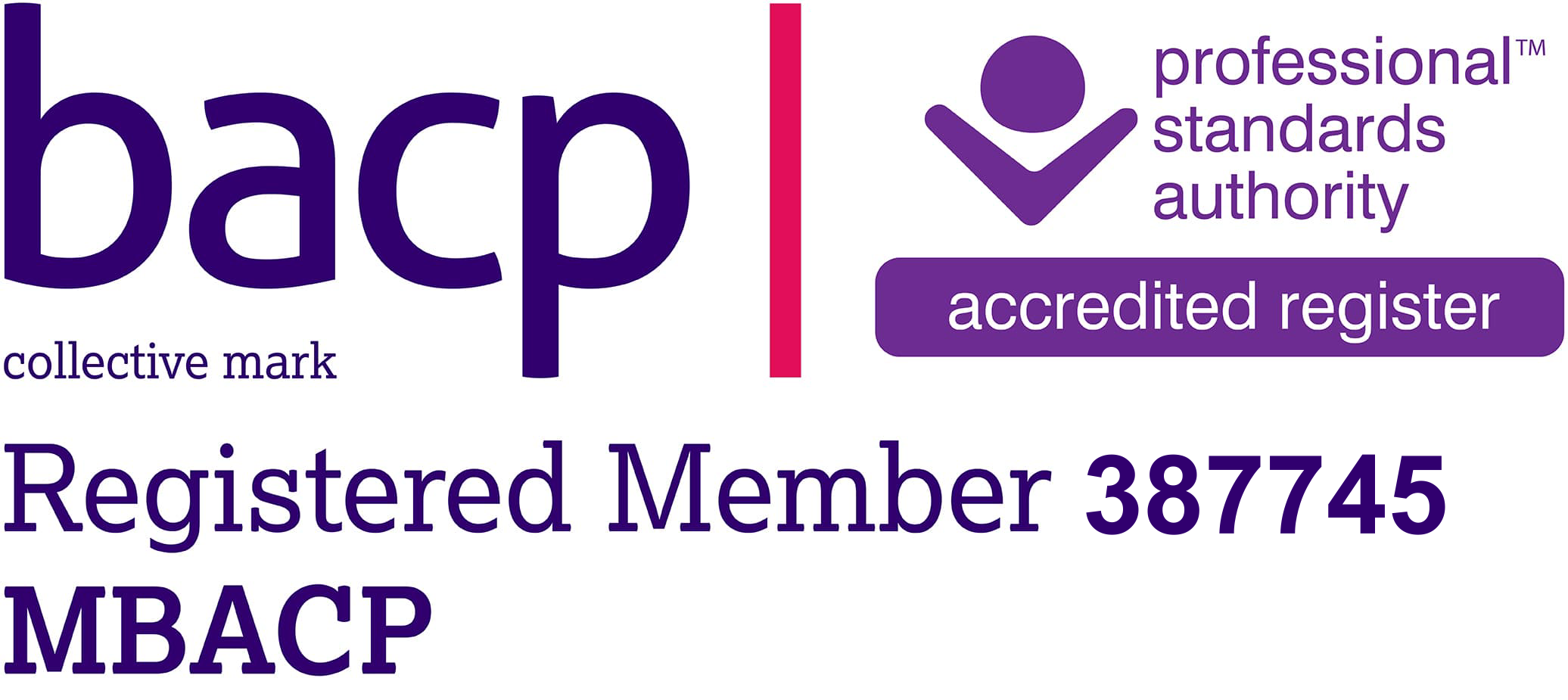What is Art Therapy?
Officially recognised by the Health Service in 1981 with its first NHS post created as early at 1946 Art Therapy is now a tried and tested form of therapy which can bring significant understanding to a wide range of psychological issues.
Art therapy has been developed from the recognition that we all can artistically represent our inner experience given a safe space and the materials. This process can reach deeper emotions that may be difficult to express verbally. It is often easier to talk about feelings after spending some time using art materials, though there is no pressure to use the materials if it does not feel natural to the client.

The relationship between the therapist and client is of course very important in a therapeutic context but art therapy differs from other psychological therapies in that it involves another element - an image or art object produced by the client. This can offer another channel for reaching a level of the subconscious which might otherwise remain hard to access.
For many clients it is easier to relate to the therapist through an art object, process or play which can provide a focus for discussion, analysis and self-evaluation and act as a visible record of the therapeutic process. It offers possibilities for reflection and may even have a diagnostic function which can give indicators for further treatment. The therapist and client are in partnership in thinking about this process.

Who is it for? |
|
Art therapy is for everyone but is particularly effective for children and young people as art and play are a natural language for this age group who can lack the easy connections between feelings and language until a later developmental stage. |
The Art Therapist |
|
The art therapist will have completed a rigorous therapeutic training and will often have a background in art but not always. With a detailed understanding of art processes and experienced in non-verbal and symbolic communication the art therapist will provide an environment in which clients feel safe and able to freely express themselves both verbally and through art and play. The therapist will also have trainings in other supporting areas such as trauma, eating disorders, psychosis, family systems, depression, self-harm, suicidal feelings, addictions, and other relevant specialisms. |



